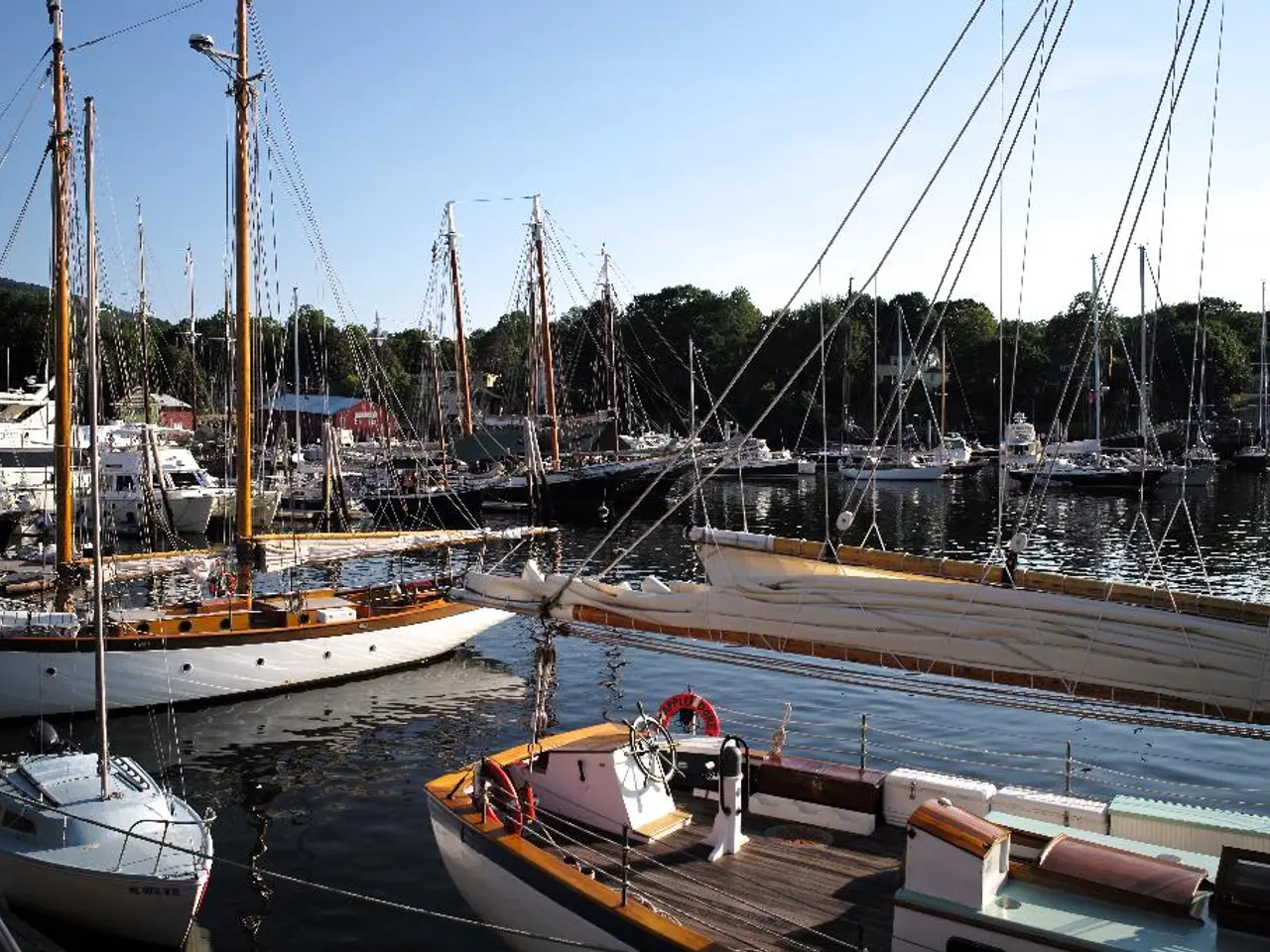Russia's concealed naval force faces tightened limitations: Panama enforces stringent regulations
In an effort to curb illegal oil transportation and evasion of international sanctions, Panama and the Bahamas have announced stricter regulations on the registration of commercial vessels, particularly targeting Russia's "shadow fleet."
The most significant move comes from Panama, the world's second-largest ship registry. On August 2025, they announced a ban on the registration of oil tankers older than 15 years and the implementation of quarterly inspections to ensure compliance with certification standards. These measures target vessels used by Russia's shadow fleet, whose average tanker age is 20-25 years, making many ineligible for Panamanian registration under the new regulations.
The Bahamas Maritime Authority has also taken a firm stance. They have announced plans to deregister ships owned or operated by Russian companies or involved in trade with Russia if flagged under the Bahamian registry. Any flagged vessels subject to sanctions risks removal from their register, further squeezing options for Russia's shadow fleet to find legitimate flags.
These developments could significantly impact the global maritime trade involving Russian ships. Regular additional checks every three months will be conducted on tankers flying the Panamanian flag to ensure they meet the new requirements. Many of these tankers, due to their age, will be ineligible for the new regulations.
The U.S. Federal Maritime Commission (FMC) has also been investigating "flags of convenience" practices since May 2025 for creating unfavorable conditions that facilitate sanction evasion and unsafe shipping practices. The FMC is reviewing public comments to determine further regulatory actions.
Other flag states, such as the Republic of the Marshall Islands (RMI), emphasize compliance with international maritime security laws and regulations. However, they have not been specifically noted for direct sanctions-related restrictions on Russia's shadow fleet.
In summary, current international restrictions focus heavily on limiting older vessel registrations, enhancing inspection regimes, and deregistering sanctioned vessels. Panama and the Bahamas are leading the efforts against Russia's shadow fleet engaged in illegal oil transportation, while oversight bodies like the U.S. FMC are examining flagging practices to mitigate sanction evasion risks facilitated by flags of convenience.
[1] News Source 1 [2] News Source 2 [3] News Source 3 [4] News Source 4 [5] News Source 5
- The energy sector, particularly the oil industry, is facing new regulations following the announcement of stricter measures to curb illegal oil transportation and sanctions evasion, as reported by News Source 1.
- Finance and politics are intertwined as international sanctions against Russia's shipping industry have forced vessels to seek alternative registration options, with Panama and the Bahamas taking a firm stance, according to News Source 2.
- General news outlets, including News Source 3 and News Source 4, are reporting on the impact of these regulations on global maritime trade, highlighting the safety concerns and potential repercussions of the ongoing war-and-conflicts-related restrictions.




